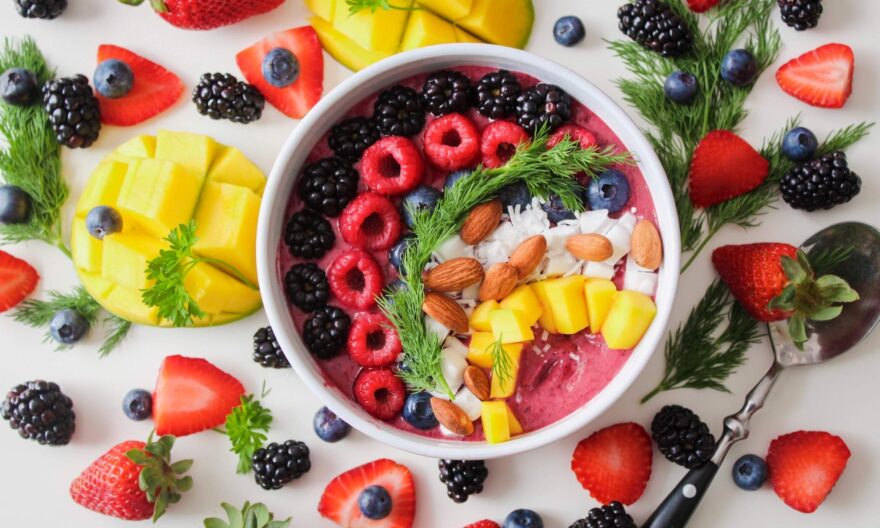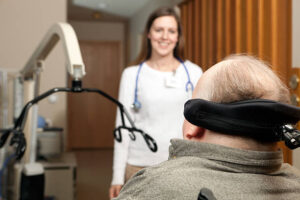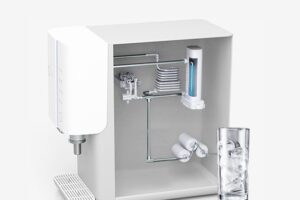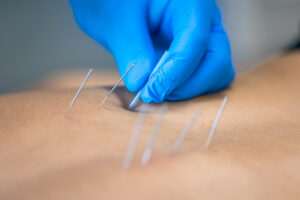
Recall the last meal you take. What are the nutrients that your last plate consists of? If that had any traces of protein, Great! You are on a healthy diet. If not, then continue to read this.
Sadly, there are always misconceptions about protein. Some believe that protein makes them full-figured and zaftig. While others think that only men need protein and not women, as they misassociate protein with muscle mass development. Contrary to those popular beliefs, there are several good reasons for women to include protein in their diet.
Why Protein Is Stressed More Than Other Nutrients?
Proteins are micronutrients that are made up of amino acids. They are essential for cells and tissue formation which promotes growth and development. From hair to bone, every part of the body is made up of protein. They also help with weight loss/gain, building muscles, and improving bone health. Hence it plays a vital role in various crucial bodily functions. Despite its importance, your body is unable to produce proteins on its own.
Your body needs 20 different amino acids to function correctly. Out of which, our body can produce only 11 on its own. And the rest of the nine proteins are called essential amino acids which are imperative for your body to function properly and can’t be produced or stored by your body. So you need to take it externally and on a daily basis.
What If You Don’t Eat Enough Protein?
Women require protein as much as men do. There is no compromise on the quantity. If your diet doesn’t meet your body’s protein needs, it affects your overall health – explains ThreeBestRated® nutritionists.
Weakens The Muscles:
As already said, proteins aid in the repairing and regenerating process of muscles and tissues. It helps women fight against the loss of muscle mass after the age of 30. When it is not taken regularly, it leads to muscle weakness, thereby to fatigue. Affecting the muscles that are responsible for your posture and movement, insufficient intake makes you lean and skinny.
Makes You Obese:
Since protein aids the cells to carry nutrients and oxygen to the body parts through the blood, a lack of protein results in a poor supply of nutrients that your body needs. Low nutrition supply results in low energy. Your body tends to trigger the ghrelin hormone (hunger hormone) to make you eat more to obtain energy. Needless to say, excessive eating results in obesity.
Enhance The Sugar Craving:
As said earlier, protein aids cells in converting glucose into energy. When you don’t take enough protein, it will slow down the glucose entering your bloodstream. At that time, your body will look for quick energy and make you crave sugar and carbs so that it can balance the low insulin level fast. And, obviously, sugar is a big, big enemy for weight loss, which increases the inflammation in your body. You will be obese to boot.
Adversely Impact Hair And Skin Health:
Protein is important to maintain healthy skin, hair, and nails. Hair is made up of keratin, a structural protein. Similarly, skin, which makes up 70% percent of your body is also made up of collagen – again a protein. So to make your hair and skin healthy, you need to be consistent in intaking protein.
Sources Of Protein:
No matter whether you want to lose weight or gain some, you need to befriend the proteins. The foods you can find these proteins include,
● Dairy products – dairy products such as milk, yogurt, and cheese are power-pack of protein, calcium, and vitamin D.
● Seafood – they are a good source of protein with a lot of Omega 3 fatty acids and low-fat content. Seafoods include fish, salmon, sardines, prawns, crabs, lobsters, and tuna.
● Eggs – eggs are an excellent source that fulfils 6 grams of your DA (daily value). An adult can consume an egg per day. And, it is quite inexpensive too, when compared with other sources.
● Beans – beans like pinto beans, kidney beans, soybeans, black beans, lentils, etc.. are good to go with.
● Nuts – nuts come with protein with unsaturated fats that are good for heart health. They can be great alternatives for animal products and definitely should be on the checklists of vegans…
● Meat and Chicken Breast – they are also rich in protein. However, remember to remove the skin that contains saturated fat.
How Much Does A Woman Need Per Day?
The average protein intake for women falls between 50-60 gms per day. However, the protein is determined, depending on the weight, age, fitness goal, and activity level. Therefore, a woman has to take 0.8 grams of protein per body weight.
For instance, if a woman weighs 65kg, she needs to take Protein intake 52 gms of protein per day.
Myths Around Protein:
While including protein you can be hindered by some myths associated with it. So being informed of them could help you further.
● First people think that it is protein that makes them fat – it is obviously a myth. It is not the protein, but the quantity that makes you gain some weight.
● Another myth is that protein is only for non-vegetarians. There are so many plant- based proteins that can help vegans and vegetarians.
● The idea that a high-protein diet is healthy is also a fallacy. Protein makes you full, so when you consume more, it cuts down carbs, fibre, and other nutrients that will disturb the digestive tract.
● A common myth is that only people who do workouts need protein. Since it is a macronutrient, regardless of age, gender, or physical activity, everyone needs it, but in a different quantity – that has been mentioned earlier.
● Women need less than men – another false idea. Though it is true to a certain extent, understanding the reason behind this can help you. Men need to build muscles, while most women want to become fit as a fiddle, so they need to build lean muscles. This is why men need more than women.




